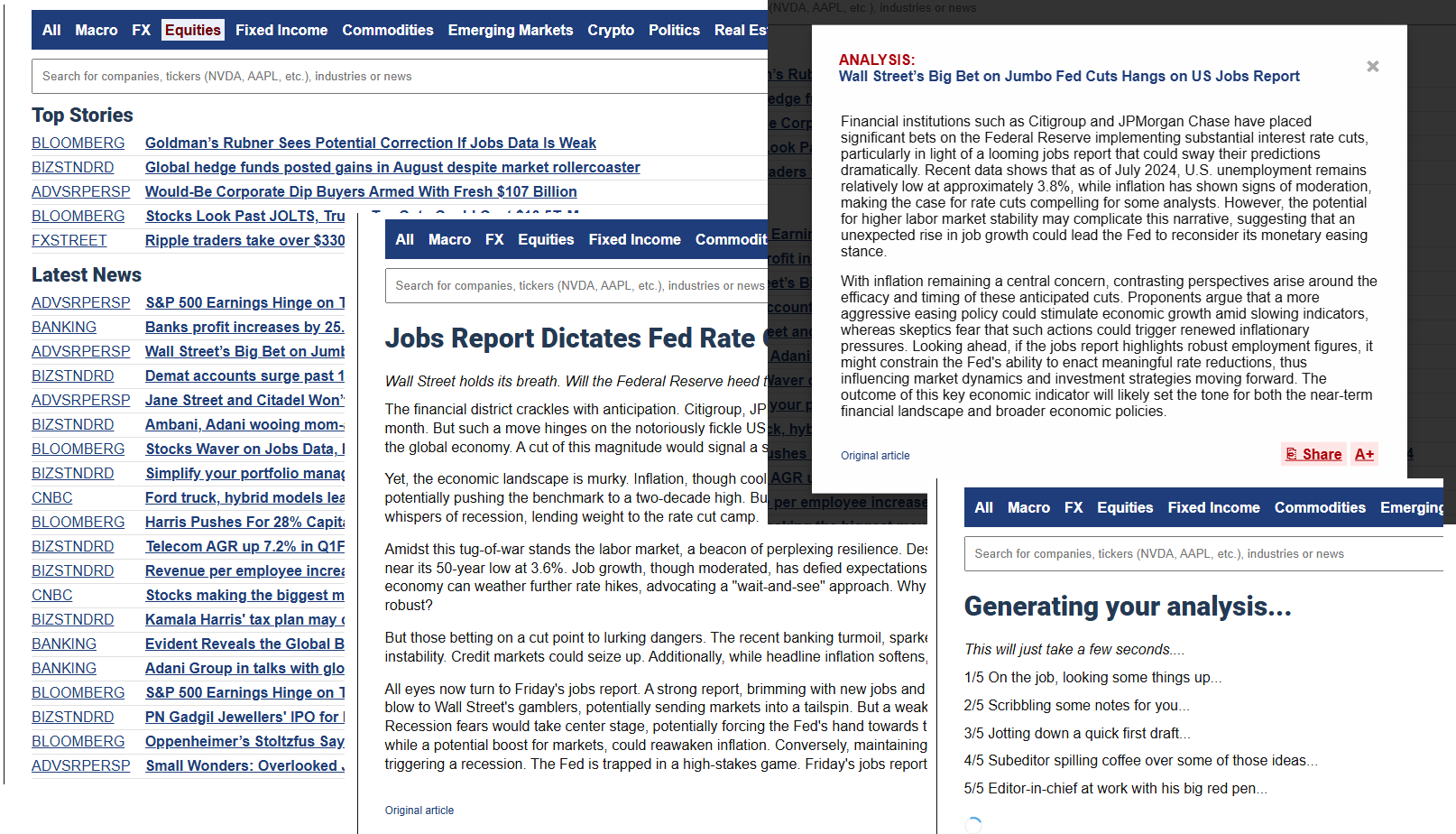India's economic ascent echoes through global markets
India's economic rise continues unabated as it becomes the sixth largest market in the MSCI All Country World Index (ACWI), eclipsing other emerging markets. This emergence aligns with China's diminishing presence in the MSCI, which has halved since 2021. India's ascent marks a significant shift in the global economic balance, presenting both opportunities and challenges for investors. The nation's resilient economic performance, unaffected by global uncertainties, underscores its growing strength and attractiveness to global investors. Key reforms, such as Finance Minister Nirmala Sitharaman's launch of the NPS Vatsalya, emphasize India's forward-looking strategies for financial security and wealth accumulation. The NPS Vatsalya now allows parents to initiate pension accounts for their minors, expected to boost the National Pension System's subscriber base beyond its current extent of 1.86 crore and managing Rs 13 lakh crore in assets.
Despite this robust growth, India's banking sector faces potential difficulties. State Bank of India Chairman Dinesh Kumar Khara expressed concerns over a potential decline in low-cost deposits, particularly Current Account Savings Account (CASA) deposits. A reduction in these deposits might compel banks to reconsider their strategies, potentially increasing interest rates to attract more deposits. This could have systemic repercussions, affecting the financial stability and lending capacity of banks. The banking sector's ability to adapt to these challenges is crucial for maintaining economic consistency.
In the corporate governance landscape, gender diversity remains a critical issue. The UAE has mandated that private joint-stock companies must include at least one female board member by 2025, building on a similar directive for public joint-stock companies. This initiative demonstrates the UAE's commitment to gender equality in leadership roles. Conversely, Japan continues to struggle with advancing women into corporate leadership roles, with women CEOs constituting less than 1%. This disparity highlights the varying progress and ongoing challenges in promoting gender diversity globally.
Agriculture remains integral amidst these dynamic shifts. Innovations and partnerships are driving advancements. Western Cape's agreement with CASE IH on agricultural innovation aims to enhance efficiency and sustainability through precision farming. Similarly, Afghanistan's agricultural fair in Mazar-i-Sharif seeks to boost local agriculture and create export opportunities, reflecting a drive for self-reliance and market growth. Furthermore, the collaboration between Grown Climate Smart and Maltwerks emphasizes sustainable agricultural practices, underscoring a broader recognition of environmental stewardship in agriculture.
These developments reveal a global financial landscape marked by complexities and opportunities. India's rise in the MSCI ACWI and strategic measures like NPS Vatsalya depict a promising trajectory. Conversely, the potential decline in low-cost bank deposits calls for cautious strategies. Gender diversity efforts display both advancements and ongoing challenges, reflecting uneven progress across regions. Concurrently, agricultural advancements through global collaborations underscore the sector's pivotal role in achieving economic resilience and sustainability. Navigating these multifaceted narratives with strategic insight and cautious optimism is essential for future stability and growth.
AI-Powered trading insights: join our email list
Real-Time Market Analysis
Get instant insights on market trends, news impact, and trading opportunities.

